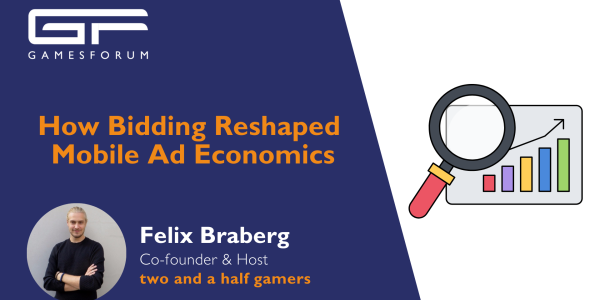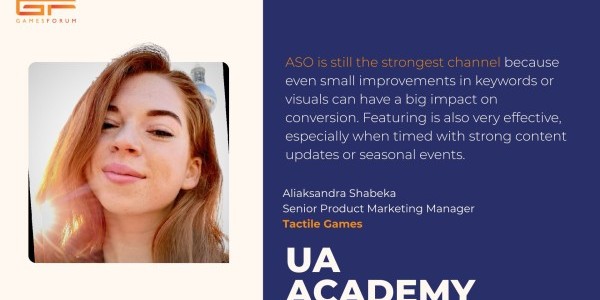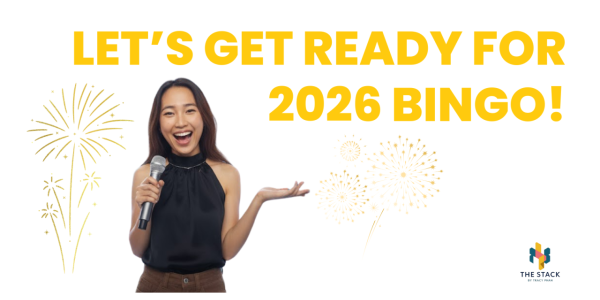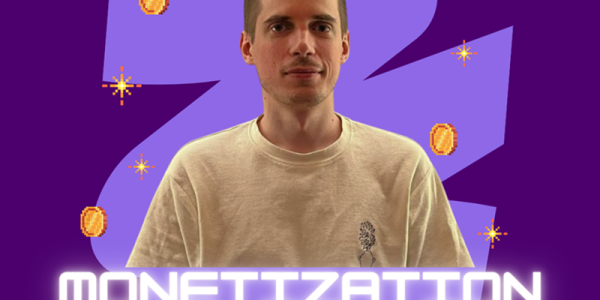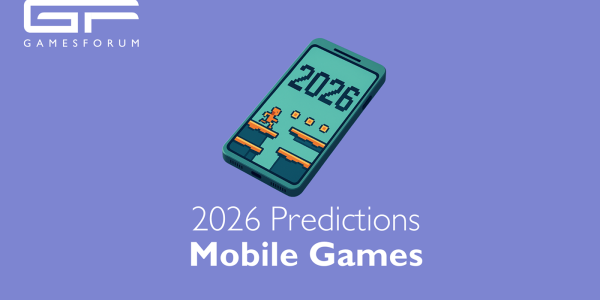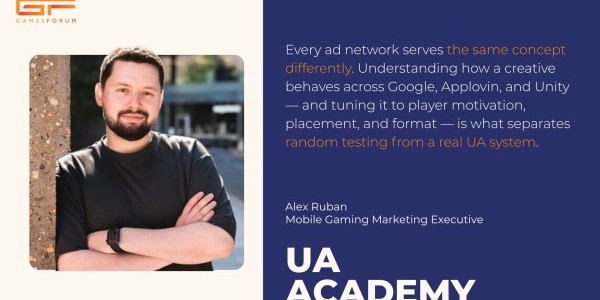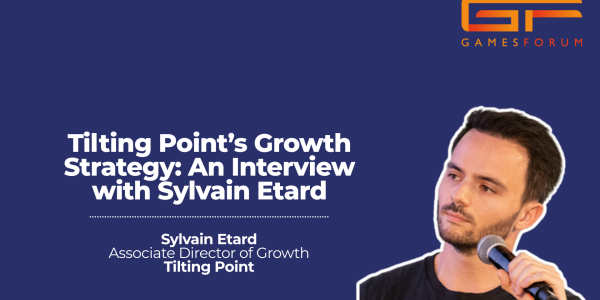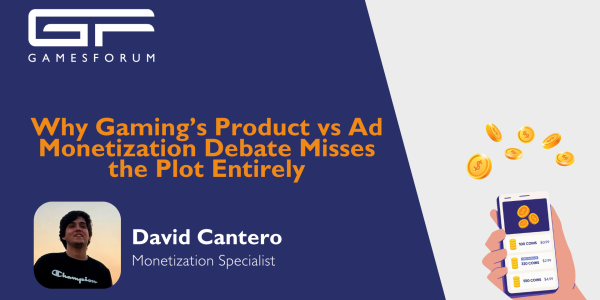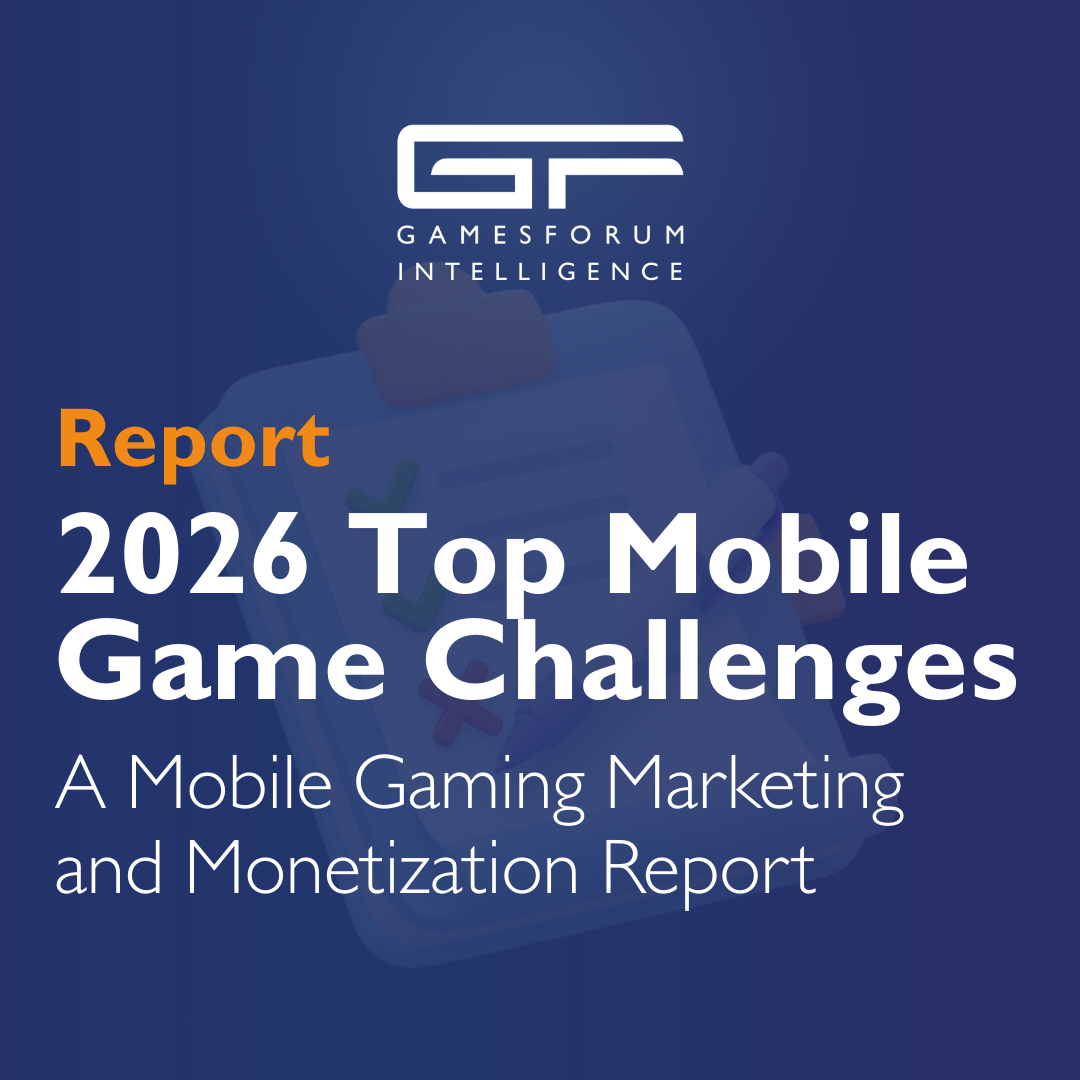Josh Rivers on UA: User Psychology, Acquisitions & Games

This week on Faces Behind the Fun Gamesforumhad the pleasure of catching up with Josh Rivers to discuss all things UA and the fascinating work being done by Solsten. We will let him tell you more!
Q. So Josh, tell us a bit about yourself. What company do you work for and what is your role?
I’m currently the UX Research Lead at Solsten, where we’re powering the future of human-centered experiences in games and beyond. As part of my role, I work across our teams to help chart out the needs of game developers when it comes to delving into the psyche of the players they have in their game or would want in their game.
Q. Are you an AM or PM person?
I know it’s odd to say this, but it depends entirely on the day. At Solsten, we work across a number of time-zones. This has led me to embrace being a morning person when I’m based in North America and working with our European partners, while also being more of a night owl when I’m located in Europe and working with our North American partners. If left to my own devices, though, I’d say that nothing beats watching the sunrise while climbing a rock face in one of the many parks near my home.
Q. Work from home, back in the office or hybrid?
Humans are social creatures by nature and we know from research such as that done by folks such as Raj Choudhury from Harvard that working fully remotely is counterproductive. What he found, and something that resonates with me personally, is that 25% is the ideal percentage of “together time,” be that one week out of a month or one day out of the week. In that sense, I’m an advocate of the hybrid model, but a flexible hybrid model that gives room for people’s lives to happen while still ensuring there’s time to connect as colleagues.
Q. What is your go to mobile game at the moment?
Having spent a fair bit of time on airplanes recently, I’ve become a huge fan of offline mobile games. I’m loving Fiz by Bit by Bit Studios, Package Inc. by Infinity Games, and one of my all-time favorites, Mini Metro by Dinosaur Polo Club.
Q. How did you find yourself working in the mobile games industry?
I got into the games industry through a roundabout means, coming to it from academia where I studied communities in virtual worlds like Final Fantasy XIV and the companies that made said worlds, such as CCP Games. It’s there that I first got my foot in the door of gaming generally. Working on EVE Online, I sought to understand the connection between game-makers and their audiences and realized pretty quickly that very few developers, myself included, had the tools they needed in order to create experiences that deeply resonate with players. I started working to find that tool and was ecstatic to discover Solsten and its Traits product. Through AI and psychological assessment, our team at CCP was able to understand our player base on an entirely new level - strengthening a new FTUE and attracting new players to an almost 20 year old game. Solsten’s mission of unlocking the power of human understanding for companies really spoke to me and I transitioned to Solsten last year. Now, I am able to work across a wide variety of titles with studios who are curious about the impact that player-centered design can have on their game.
Q. Now shifting focus to user acquisition, has your perception of UA strategy changed since the pandemic?
User acquisition has always been a question of finding the people with whom your game will best resonate. That UA journey of deep resonance begins from the moment that someone hears about your game up through them playing the game for the first time. It’s about creating experiences that tap into who people are and making sure that everything, from marketing campaign to gameplay experience, feels like it was tailor-made for that individual. What we’ve learned in recent years has less to do with the pandemic and more to do with the difficulty of building that deeply resonant UA journey in a blue ocean of competitors and gameplay experiences. To that end, we love hearing from clients working with our creative asset management tool Frequency about how they’ve been able to shift the way they engage with user acquisition through our AI-powered insights.
Q. At Solsten, how have you updated UA practices to keep ahead of the curve when it comes to competition?
Like I mentioned earlier, UA is all about communicating to someone that “this experience was made for you,” then delivering on that experience. At Solsten, we work with clients to help them craft ad campaigns, creatives, and even copy that does this through our product Frequency. Modern UA requires modern solutions and in a gaming world filled to the brim with options, making sure your campaigns, your creatives, and your copy stands out requires deep understanding of players’ psychology. We help connect those dots so in short, an updated UA practice looks like understanding that tools like A/B testing are useful for asking, “What kind of apple might people want to eat?” when in reality we should rather be asking, “What do people want to eat?” Our tools help get at that question from the start of the funnel all the way through to playing the experience our clients have carefully crafted.
Q. We have seen mass consolidation in the market space with the Unity x ironSource merger and Miniclip acquisition of Sybo. What are your thought on these acquisitions? And how is it shaping the industry?
The Unity x ironSource merger is interesting because Unity has taken a massive step into the ad monetization business, admitting that their new model will be 50% in creation and 50% in advertising. Increased data privacy and regulation has quickly complicated digital advertising strategies, presenting an entirely new set of challenges for our customers. Unity believes advertising is the economic engine for mobile games which is a different perspective from the human-centric approach we embrace at Solsten. Profitability and long term sustainability of a game should be based on resonating player experiences, not the volume of in-game ads. In order to build mutually-beneficial digital ecosystems, ones that are healthy for both businesses and players, companies must move upstream from behavioral and transactional data sets that inaccurately define the “value” of a player. Our platform allows companies to incorporate deep human understanding at any stage of the roadmap, empowering them to remove audience assumptions and accelerate games to their full potential.
Q. On the other side of the coin what advice would you have a for a small or start-up company in defining their UA strategy?
It’s never too early or too late to pause for a moment and ask yourself, "Who am I making this experience for and what will convince them that this game is tailor-made for them?" It’s better to do this early on, to be clear, but even games that have been live for two decades can benefit from taking a moment to recenter and reorient both their game design and user acquisition practices. Investing in properly understanding a player’s UA journey, then hand-tailoring it to the kind of player you want in your game is worth every cent.
Q. Looking ahead to Gamesforum Seattle, Warren Woodward of Uppticgave us some great places to eat and play board games in Seattle like Café Mox or Tiki Bar. Have you got any must visits in Seattle?
I’ve only been to Seattle twice, but I absolutely loved my time there during both of those visits. I’d highly suggest checking out MBar, their rooftop bar had amazing food and stunning views of both the city and the water. I’d also suggest stopping by for dinner at The Pink Door, a restaurant whose live music and Michelin-quality Italian food can’t be beat.
For more information of Gamesforum Seattle, or any of our other events check out Gamesforum Online here!
Thanks to Josh Rivers for sharing his thoughts and expertise with us!
By Josh Vowles, Head of UA Portfolio, Gamesforum

